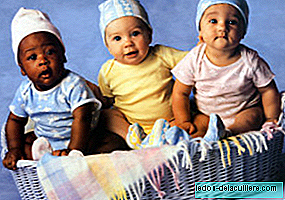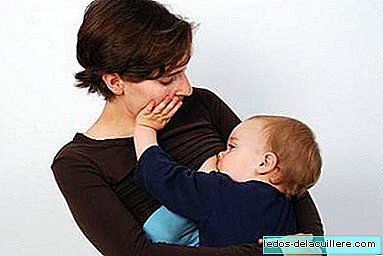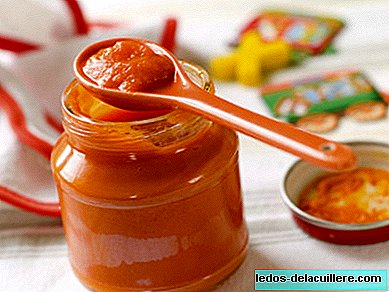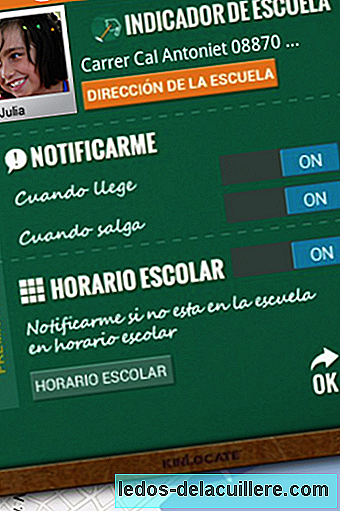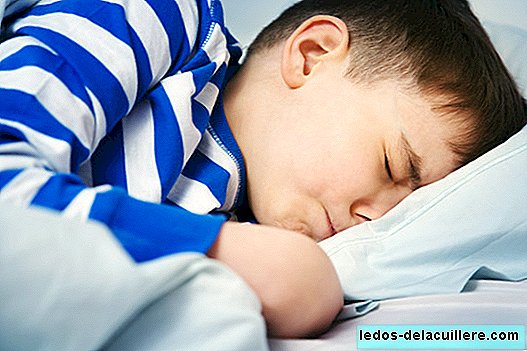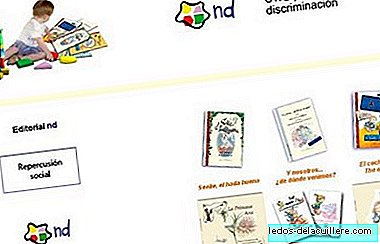In recent years it has become very popular to start complementary feeding allowing children to be the ones who keep pace with it. Its name is "Baby-led Weaning" (BLW) and it is a method that many families have adopted since it helps them facilitate the introduction of solid foods when it is time to start with them.
And it is that in fact this type of complementary feeding guided by the baby has many benefits, among them that you know the textures of the foods and begin to make your own decisions. There is also the belief that by guiding their diet, we prevent obesity because in this way they are able to say "I am satisfied" and stop eating when it has been enough. But how true is this?
We share the results of a recent study, in which they met the effects of BLW feeding on childhood development and overweight.
The results of the study were published on the JAMA Pediatrics website in order to answer the following question: Does guided complementary feeding decrease the risk of obesity?
The study was conducted as a randomized clinical trial called BLISS (by Baby-Led Introduction to Solids, that is, Introduction to Baby-Guided Solids) in which 206 mothers and their children participated.
Mothers were invited to participate when they were pregnant and were divided into two groups: those who would feed with porridge and those who would feed their babies using the BLW method. Most participants exclusively breastfed until six months.
When analyzing the body mass index of babies at 12 and 24 months, it was found that there was no difference in terms of overweight levels between the babies that were fed with a spoon and those who had followed the complementary feeding in a self-regulated manner.
The researchers were surprised that feeding themselves at their own pace did not help them improve their ability to stop when they were satisfied. The conclusion on this topic is that both babies who are fed directly by their parents, and those who follow the BLW method have the same risk of obesity.
Perhaps the result is not what many believed, however the study found something positive to use complementary feeding guided by the baby: they become less fussy when they are older.
According to the results, the babies that were fed following the BLW method enjoyed the food more and turned out to be less demanding at the end of the year, unlike those who were spoon-fed by their parents. Probably knowing the texture of food and using your hands to eat is something that entertains you and helps you experience naturally.
Always watch what and how much our children eat
Even if the results had shown that the risk of obesity could be lower, I consider that as parents we should always be aware of their diet during the first years of life.
A baby and a child are not really able to know when they are satisfied (sometimes you don't realize and eat more), so Our job is to ensure that the proportions and food are appropriate for your age.



